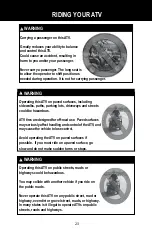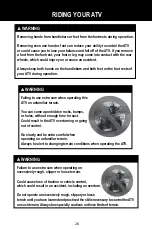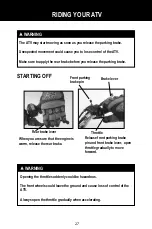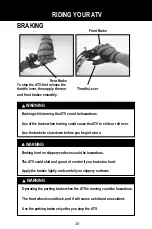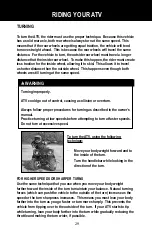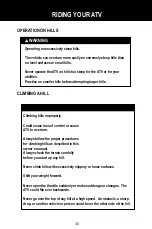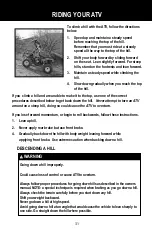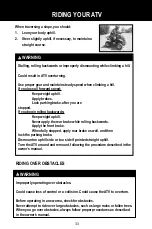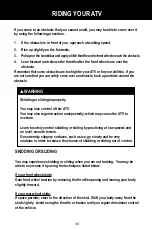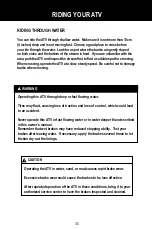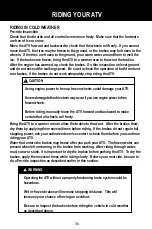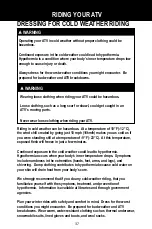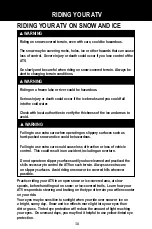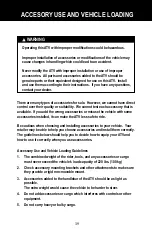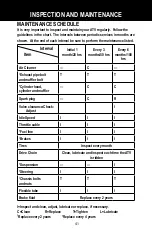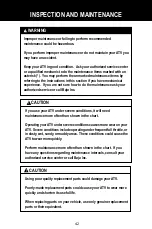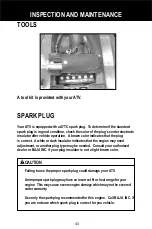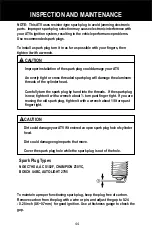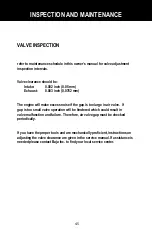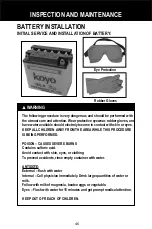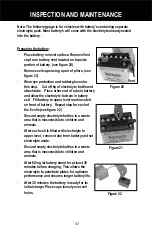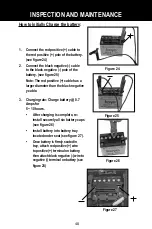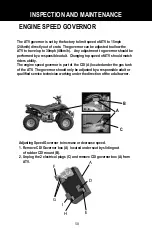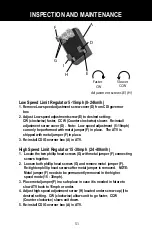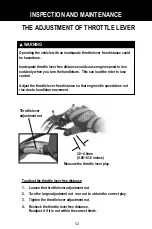
37
DRESSING FOR COLD WEATHER RIDING
Riding in cold weather can be hazardous. At a temperature of 10°F (-12°C),
the wind chill created by going just 10 mph (16km/h) makes you as cold as if
you were standing still at a temperature of -9°F (-23°C). At this temperature,
exposed flesh will freeze in just a few minutes.
Continued exposure in the cold weather could lead to hypothermia.
Hypothermia occurs when your body’s inner temperature drops. Symptoms
include numbness in the extremities (hands, feet, arms, and legs), and
shivering. Damp clothing contributes to hypothermia because cold water on
your skin will drain heat from your body’s core.
We strongly recommend that if you do any cold-weather riding, that you
familiarize yourself with the symptoms, treatment, and prevention of
hypothermia. Information is available at libraries and through government
agencies.
Plan your winter rides with safety and comfort in mind. Dress for the worst
conditions you might encounter. Be prepared for bad weather and ATV
breakdowns. Wear warm, water-resistant clothing such as thermal underwear,
snowmobile suits, lined gloves and boots, and wool socks.
WARNING
Wearing loose clothing when riding your ATV could be hazardous.
Loose clothing, such as a long scarf or shawl, could get caught in an
ATV’s moving parts.
Never wear loose clothing when riding your ATV.
WARNING
Operating your ATV in cold weather without proper clothing could be
hazardous.
Continued exposure in the cold weather could lead to hypothermia.
Hypothermia is a condition where your body’s inner temperature drops low
enough to cause injury or death.
Always dress for the worst weather conditions you might encounter. Be
prepared for bad weather and ATV breakdowns.
RIDING YOUR ATV

